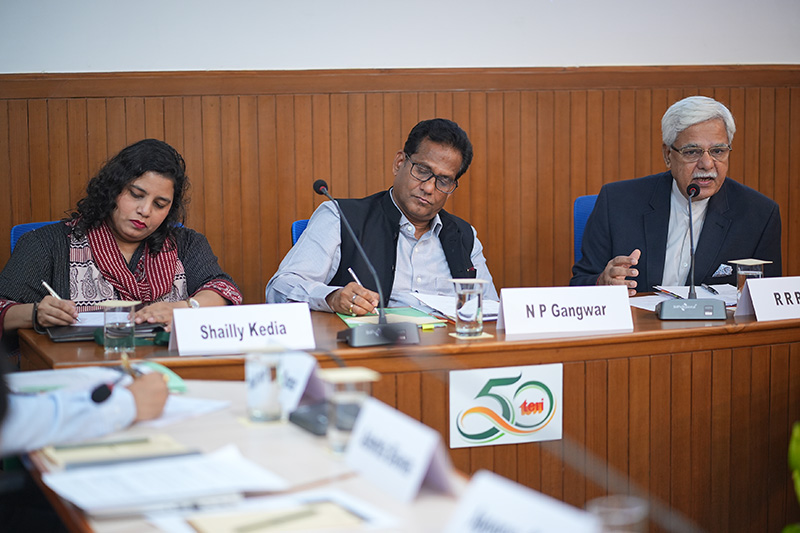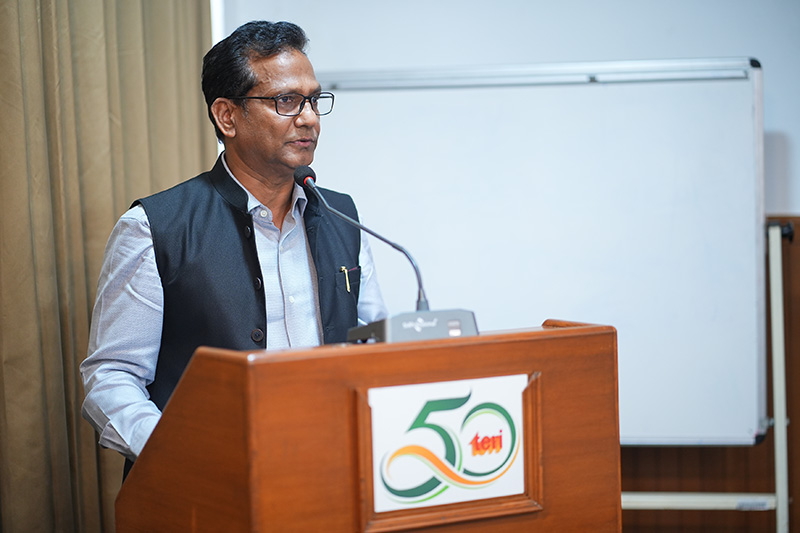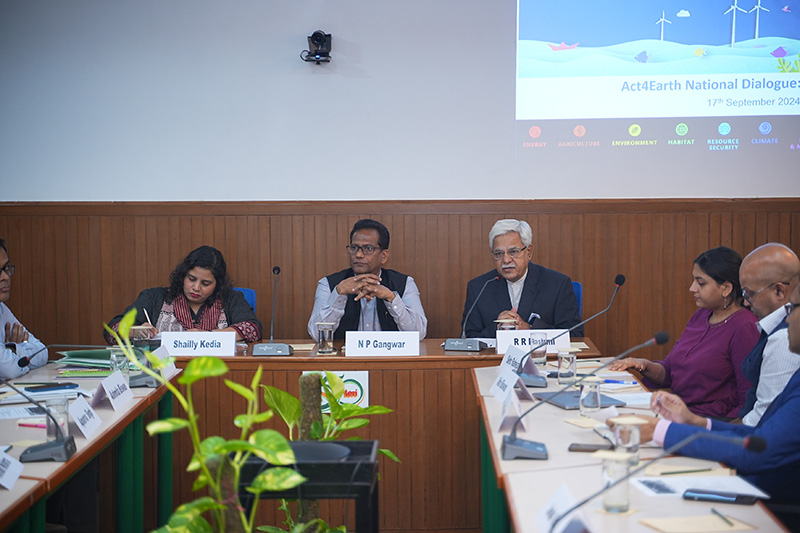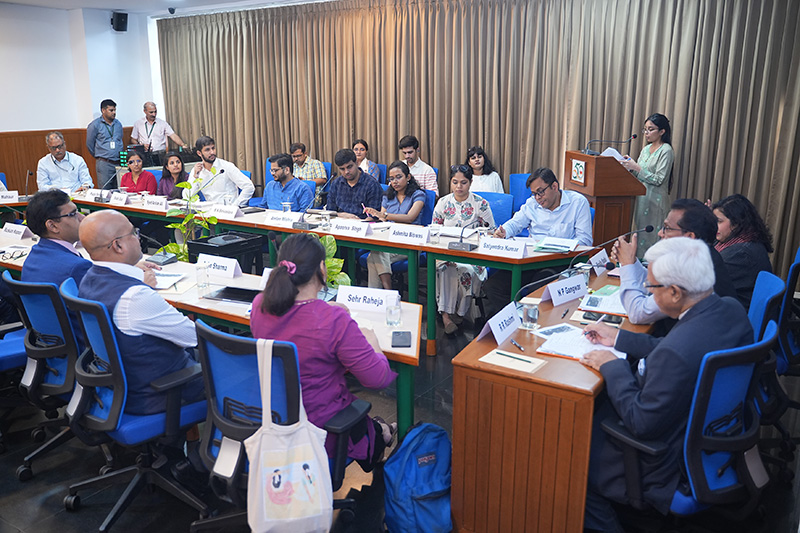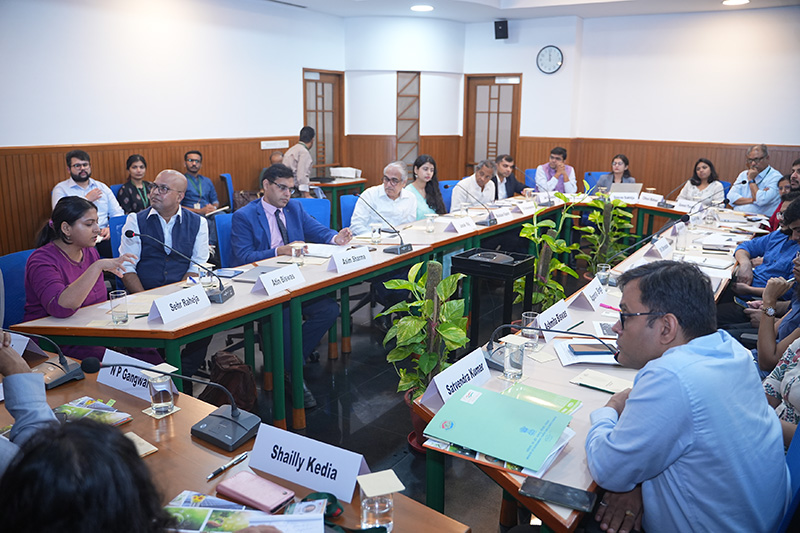WSDS-ACT4EARTH National Roundtable: Road to Baku
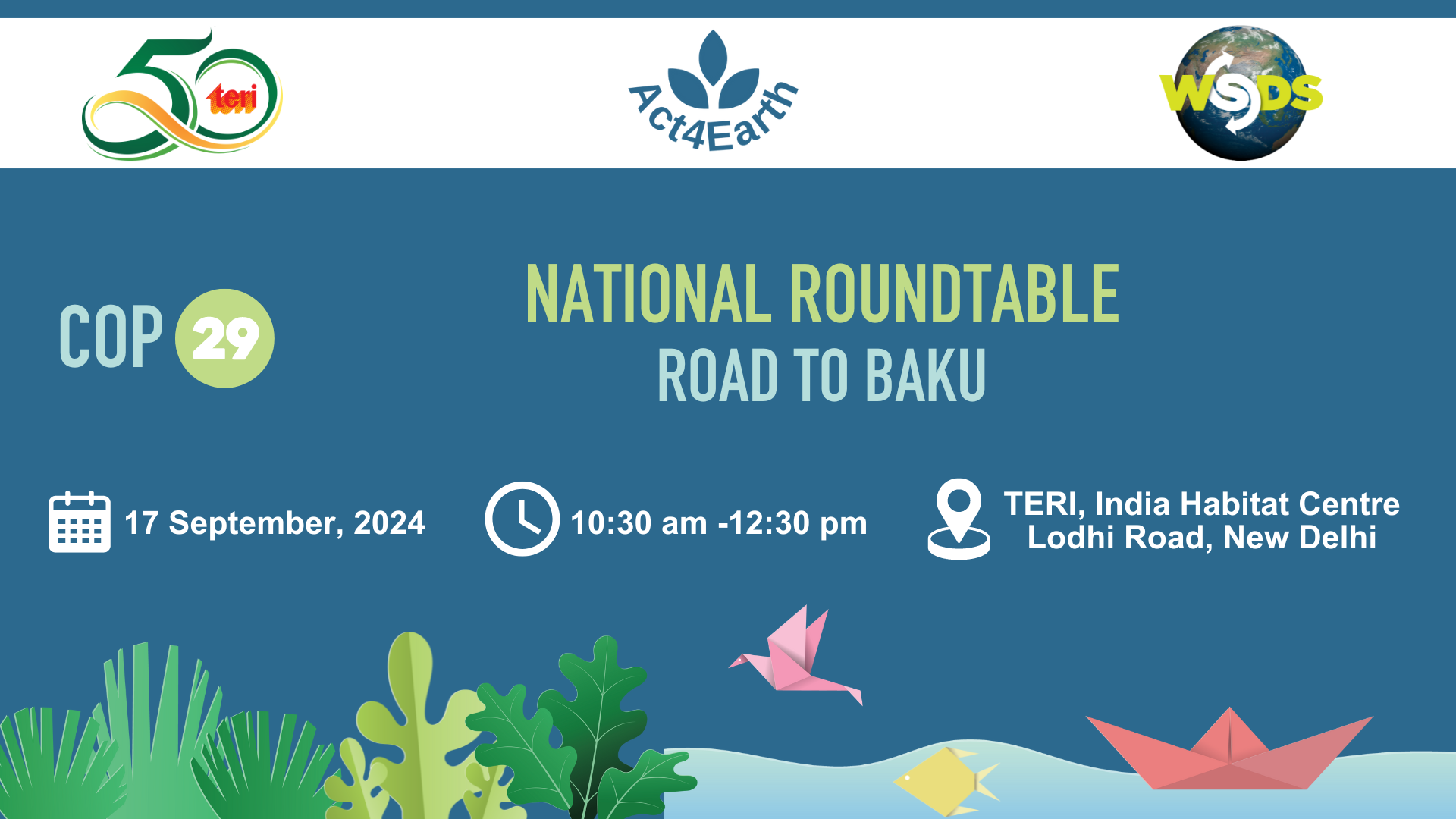
Concept Agenda Bionotes Summary Framing Presentation
Even after almost a decade since the adoption of the ambitious Paris Agreement and the 2030 Agenda on Sustainable Development, the world continues to remain off-track. According to the latest SDG Progress Report, only 13.6% targets are on track (or target met), while 13.6% targets have regressed and 20.1% are not tracked due to insufficient data (United Nations, 2024a).
Currently, only 23 out of 173 Nationally Determined Contributions (NDCs) explicitly reference the SDGs, indicating a significant gap in integrated planning. According to UNDESA and UNFCCC, climate action is linked to 80% of the 2030 Agenda targets, providing a strong case for integrated policymaking (United Nations, 2023a). There is a need to consider both synergies and trade-offs when it comes to climate action and the SDGs. Meeting nearly 70% of SDG targets by 2030 necessitates robust adaptation measures, particularly in urban areas and vulnerable countries. Globally, there is a leadership vacuum from the Global North when it comes to sustainable development. This area becomes crucial for India and the Global South to demonstrate leadership in terms of sustainability and achieving climate justice. A critical analysis of international processes along with norms around sustainable development and consumption is crucial.
As part of the global climate action, this year, the New Collective Quantified Goal (NCQG), a new global target for climate finance is to be established by the end of 2024. It will be the key determinant of success for the upcoming COP29 to be held in Baku in December 2024. It is essential to take into account the needs and priorities of developing countries for both adaptation and mitigation while determining NCQG. Consequently, equitable distribution and access to resources globally are essential for achieving climate justice. Since COP26, India has sought to be a norm leader and has been a strong advocate for sustainable lifestyles. Sustainable consumption along with addressing underconsumption is key to achieving sustainable development goals as well as ensuring climate justice.
With this backdrop, after undertaking analyses on topics such as climate finance, SDG-climate synergies, and SDG 12, TERI is organizing the Act4Earth National Dialogue on the Road to Baku.
Overarching questions for the roundtable discussions include:
[Question 1] What are the implications of sustainable consumption and lifestyles (and SDG 12) on climate justice?
[Question 2] How should the existing synergies between climate and SDGs be leveraged in the multilateral processes.
[Question 3] In light of the upcoming cycle of NDCs, what is India’s approach towards climate negotiations including the questions of climate-SDG synergies, climate finance and sustainable consumption?
[Question 4] What will be an equitable outcome on NCQG and climate finance at Baku?
[Question 5] How can the international community be persuaded to adhere to the goals of climate finance while moving towards more sustainable consumption patterns?
